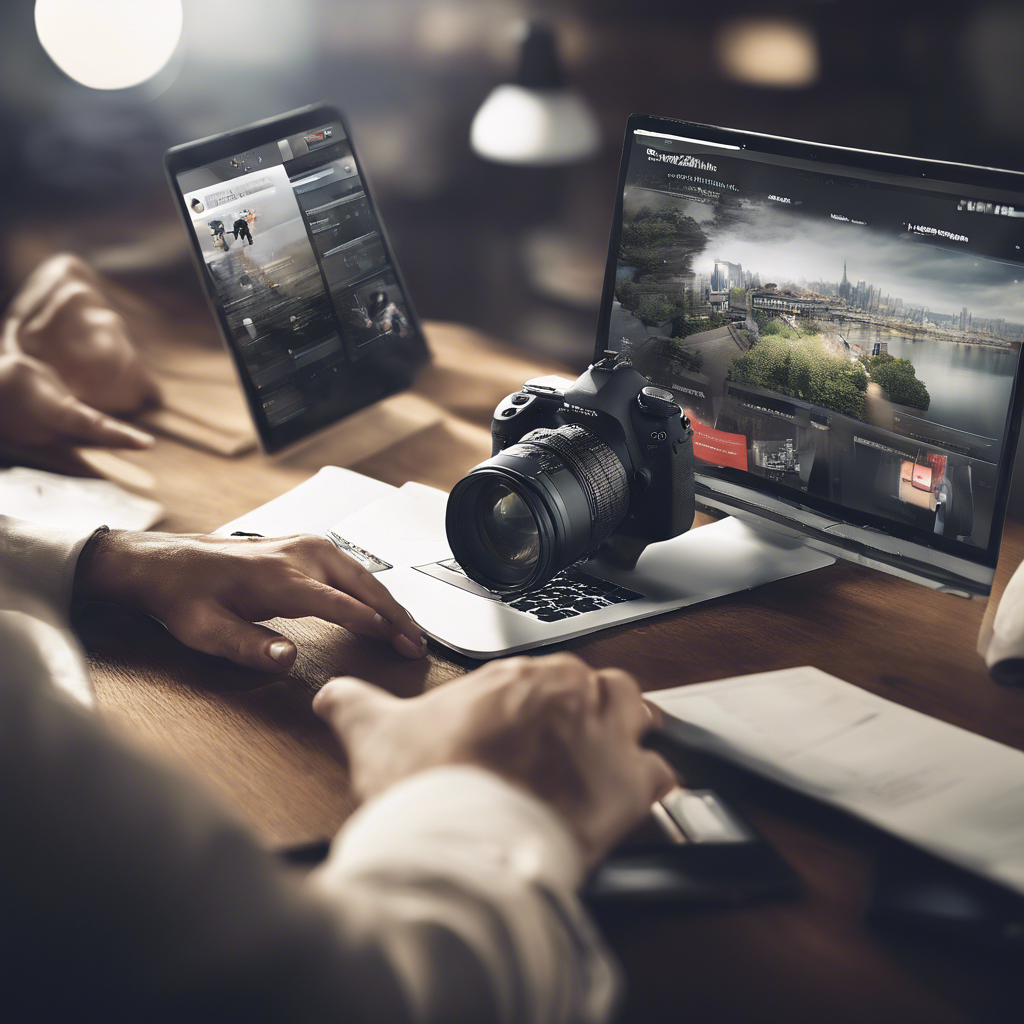- Dhruv Chauhan
- Jul 17, 2024
- 3 min read
In today's fast-paced world, where technology is rapidly advancing, the need to future-proof our careers has never been more critical. In the realm of Information Technology (IT), this necessity is even more pronounced. As we navigate through an era where digital transformation is ubiquitous, IT professionals must equip themselves with the right skills and mindset to stay ahead of the curve and ensure their relevance in the ever-evolving tech landscape.
Embracing Change: The Key to Future Success
The realm of IT is dynamic, with trends and technologies constantly shifting. To stay relevant and competitive in the industry, IT professionals must embrace change and continuously update their skills. A successful IT career in the future will require individuals to be adaptable, flexible, and open to learning new technologies. By cultivating a growth mindset and a willingness to step out of one's comfort zone, IT professionals can navigate the challenges posed by technological disruptions and emerge stronger than ever.
Upskilling and Reskilling: Investing in Your Future
In the world of IT, upskilling and reskilling are not just buzzwords; they are essential strategies to future-proof one's career. As technologies evolve, certain skills become obsolete while new skills are in high demand. IT professionals must proactively seek opportunities to upskill themselves by enrolling in courses, attending workshops, obtaining certifications, and participating in hackathons. By investing in continuous learning, IT professionals can stay abreast of the latest trends and technologies, enhancing their employability and career prospects.

Adaptability: The Cornerstone of a Future-Proof Career
In the ever-changing landscape of IT, adaptability is a trait that sets successful professionals apart. Whether it's mastering a new programming language, transitioning to remote work, or adopting Agile methodologies, IT professionals must be willing to embrace change and quickly pivot to meet the demands of the industry. By honing their adaptability skills, IT professionals can thrive in any work environment and tackle challenges with confidence.
Networking and Community Engagement: Building Connections for Success
In the world of IT, networking is more than just a social activity; it's a strategic career move. Building connections within the industry can open doors to new opportunities, collaborations, and mentorship. Engaging with online communities, attending tech meetups, and participating in industry events can help IT professionals expand their network, stay updated on industry trends, and forge valuable relationships that can propel their careers forward.
Final Thoughts
The future of IT careers is bright, but success is not guaranteed. To thrive in the ever-evolving world of technology, IT professionals must be proactive, adaptable, and committed to lifelong learning. By investing in upskilling, cultivating adaptability, and building a strong professional network, IT professionals can future-proof their careers and unlock a world of opportunities in the dynamic tech industry.
As we navigate through an era where digital transformation is ubiquitous, IT professionals must equip themselves with the right skills and mindset to stay ahead of the curve and ensure their relevance in the ever-evolving tech landscape.
Remember, future-proofing your IT career is not just about securing a job; it's about setting yourself up for success in a rapidly changing world. So, embrace change, invest in yourself, and always stay one step ahead in your journey towards a future-proof IT career.
Now is the time to embark on this exciting journey of future-proofing your IT career and embracing the endless possibilities that await in the world of technology!




